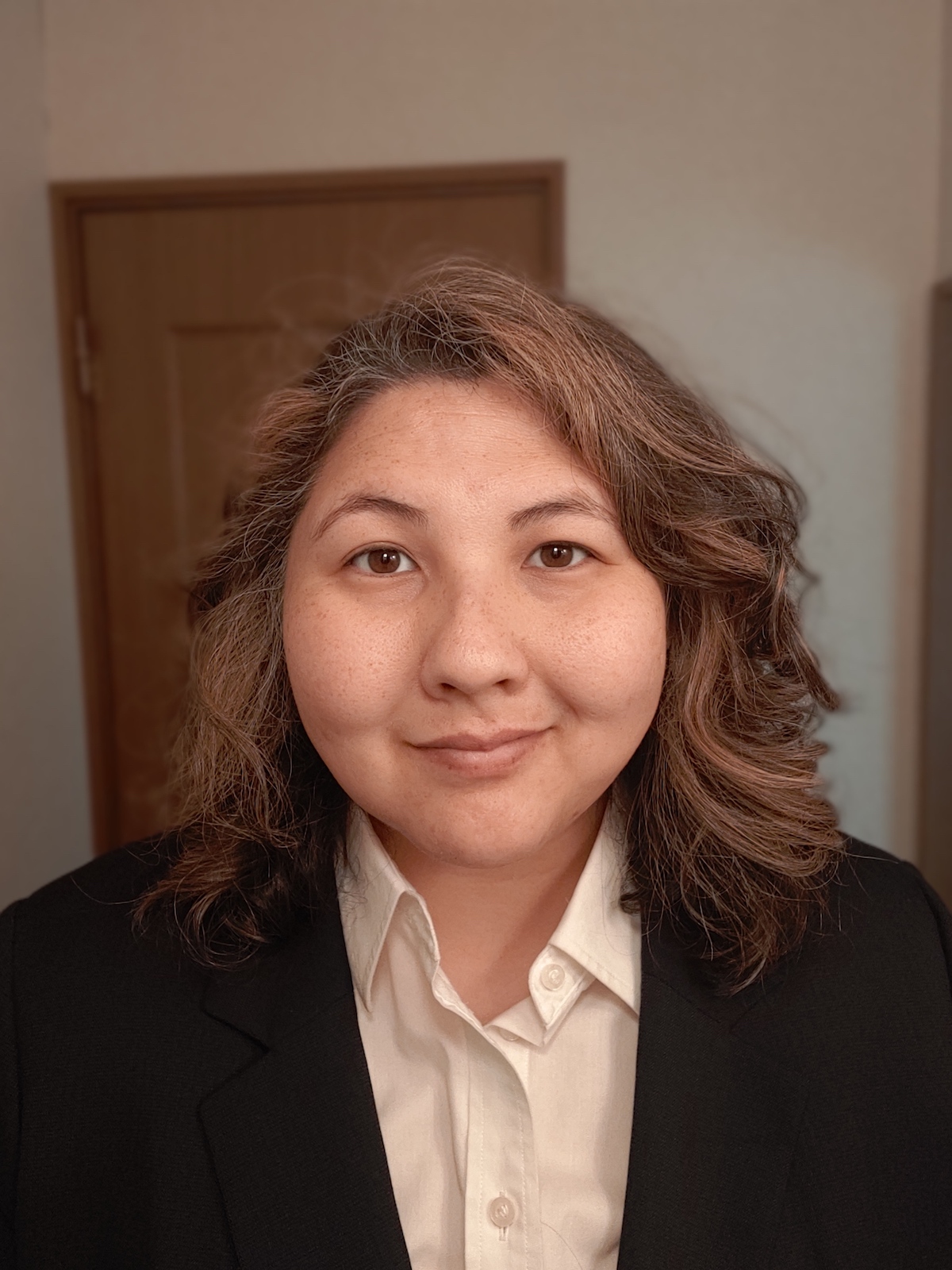World Languages and Cultures
Chelsea Yamada, JLC 2020

WLC: Please introduce yourself.
CY: My name is Chelsea Yamada. I transferred to CSUMB in 2017 and I graduated in 2020 from the World Languages and Cultures department with a Bachelor of Arts in Japanese Language and Culture. I currently work for the Shimonoseki Board of Education in Yamaguchi, Japan with the JET program as an Assistant Language Teacher (ALT).
WLC: Please tell us how you got the current position, any relevant details on qualifications for the position, and perhaps what you actually do.
CY: Leveraging my experiences at CSUMB and with lots of support from the faculty, I was able to successfully apply, interview, and be hired by the JET program. I primarily work in elementary schools with 3rd and 4th grade classes. As an ALT, I work alongside homeroom teachers to facilitate English classes. Some teachers stick to the textbook curriculum, but other teachers look forward to adding different learning games and activities with my help. Because English curriculum has recently been added to 3rd and 4th grade classrooms, many homeroom teachers do not speak English or are not confident with their English ability. The level of Japanese I attained through my major has helped me communicate and work effectively with the teachers. Also, the service learning class I took as part of my major requirement was influential in providing teaching experience, and I think about the principles I learned as I plan lessons and activities for my students now. Specifically, the time it takes to do an activity, various activities using the same vocabulary to reinforce learning, and the importance of simple clear instructions.
WLC: Tell us about what you enjoy about the job and the challenges you may experience.
CY: I enjoy being immersed in Japanese culture, especially school culture and learning about a different education style for my job. Because I speak Japanese, even the smaller children know that they can talk with me in Japanese until they work up the courage to practice English. I’m pretty much the most popular person at school wherever I go. The children practice saying “Hello” when I pass them in the hallways and, as I walk around school, often scream, “Ah, it’s Chelsea sensei!” before running up to me to practice speaking English.
WLC: Tell us how your experience as a WLC major at CSUMB may have helped you to prepare for your career
CY: While I may not necessarily pursue a career in education, I want to continue using the Japanese language and my understanding of Japanese culture to build a career where I can utilize both. I feel that my experiences as a WLC major have prepared me to work in a variety of fields. When I first returned to college, I planned to work in the field of localization as a project manager at a software company. My options have since opened to teaching, graduate school, state department jobs, NPOs, social media, and the tourist industry among many others that I am considering.
WLC: What was your favorite/transformative class at CSUMB?
CY: JAPN 301 was my first language class at CSUMB, while I was nervous to have so many presentations and never felt prepared, it helped prepare me for studying abroad and my capstone, senior presentation. I realized I could get a message across using what I knew even if I forgot what I had prepared in my script. This is a key skill in real life communication.
WLC: Could you briefly share any advice for existing majors/our future graduates?
CY: Never stop being curious; never stop learning.